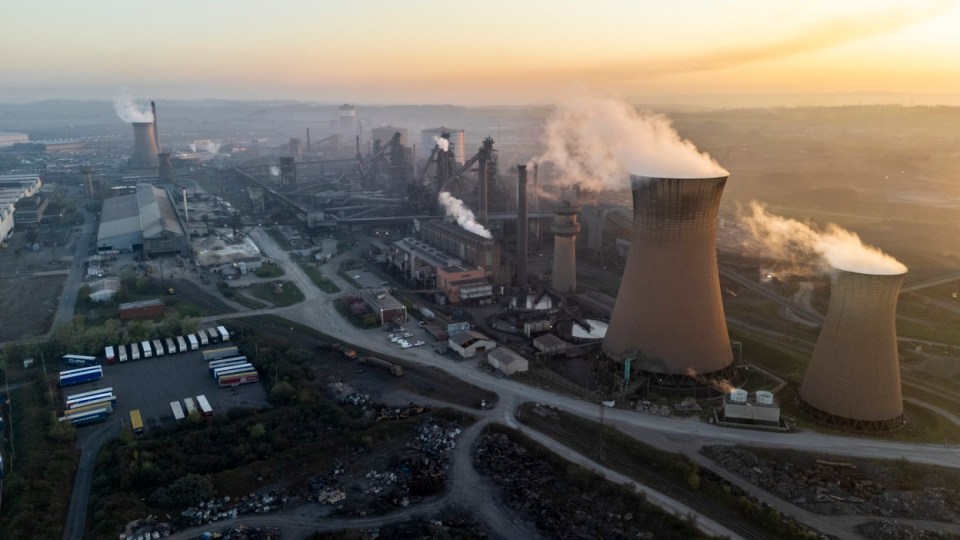
Christ, I've never seen anything like it. A Saturday parliamentary sitting? The last time that happened I was still wearing diapers (1982 Falklands War, for those keeping score). But there we were, watching MPs dragged back from Easter holidays to save British Steel's Scunthorpe plant from its Chinese owners who seemed ready to pull teh plug without warning.
I spent most of last night glued to my screen watching this unfold. My partner thinks I'm obsessed. Maybe I am. But when you've grown up in a northern town where industry is everything, this stuff hits differently.
So what the hell actually happened?
Both Houses of Parliament broke their Easter recess for an emergency Saturday session to debate and approve the Steel Industry (Special Measures) Bill. The legislation aims to block Jingye (the Chinese owners who bought British Steel in 2020) from shutting down the blast furnaces at Scunthorpe.
The Commons sitting kicked off at 11am, Lords at midday. Watching Reynolds, the Business Secretary, you could practically see the stress lines forming on his forehead as he explained how Jingye had rejected the government's offer of support and was actively taking steps to end steel production.

"We could not, will not and never will stand idly by while heat seeps from the UK's remaining blast furnaces without any planning, any due process or any respect for the consequences," he told MPs.
Dramatic much? Actually, no. He's right.
Money talks, but nobody's listening
The government apparently made what Reynolds called a "substantial" offer to Jingye. They'd buy the raw materials needed to keep making steel, ensuring "no losses whatsoever" for Jingye if they maintained the furnaces.
Jingye's counter? They wanted "hundreds of millions of pounds" with zero conditions stopping them from transferring that money straight to China. No agreement to keep the furnaces "maintained and in good working order" either. My neighbor who works at the plant texted me last night: "They're taking us for mugs."
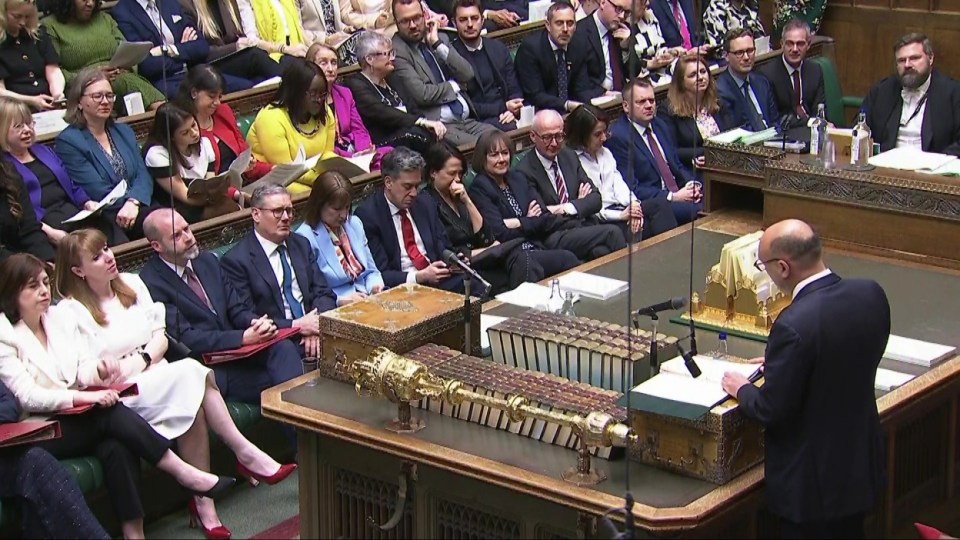
When Politicians Get Desperate...
I've covered industrial disputes for years (started back in 2018 with that Yorkshire factory closure that nobody remembers now), but this feels different. The legislation stops short of full nationalization, but Reynolds admitted public ownership was "the likely option."
Industry minister Sarah Jones claims there'll be "no extra cost to the Exchequer" with expenses covered by a £2.5billion steel fund announced last year. I'll believe that when I see it.
Meanwhile, Tory leader Kemi Badenoch accused Labour of having "bungled" a deal she'd negotiated with Jingye to "modernise" British Steel. The political point-scoring was painful to watch while thousands of jobs hang in the balance.
Wait... what about Port Talbot?
This is where it gets awkward.

The government's being criticized for rushing to save Scunthorpe while doing nothing similar when Tata Steel's Port Talbot works faced closure. I spent £340 on train tickets last summer visiting both communities, and let me tell you - the devastation feels identical regardless of postcode.
Plaid Cymru's Westminster leader wants to amend the Bill to extend powers to Wales. Jones claims the different approach is because Tata was willing to invest in Port Talbot, unlike Jingye, and because global circumstances have changed.
That explanation feels... convenient.
The human cost nobody's talking about
I met Dave (not his real name) at a pub near the Scunthorpe plant last November. Third-generation steelworker. His grandfather started there in 1951, dad followed in '78. Dave joined in 2004. "What else am I supposed to do?" he asked me. "I've got a mortgage and two kids in school."
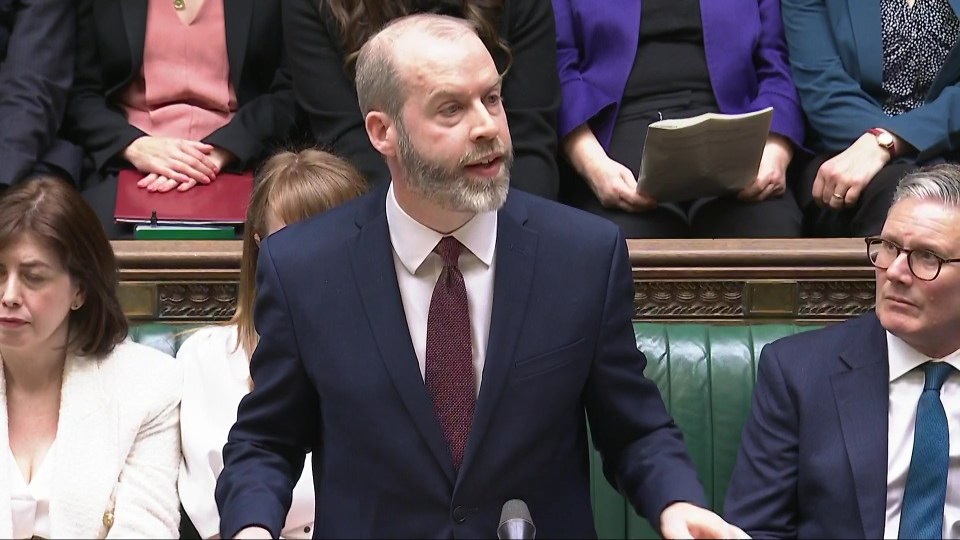
For communities like Scunthorpe, these plants aren't just employers. They're identity. History. Future.
Jingye claims they've invested more than £1.2billion since buying British Steel in 2020, while suffering "significant" financial losses around £700,000 daily. Numbers that big make my head spin. But I know this - when blast furnaces cool down completely, they're basically destroyed. There's no coming back.
That's why this emergency legislation matters. It allows the government to order raw materials for the furnaces before supplies run out completely.
So now what?
The Bill passed the Commons and moved to the Lords. Once approved by both Houses (with any amendments agreed), it'll get royal assent from King Charles and become law.
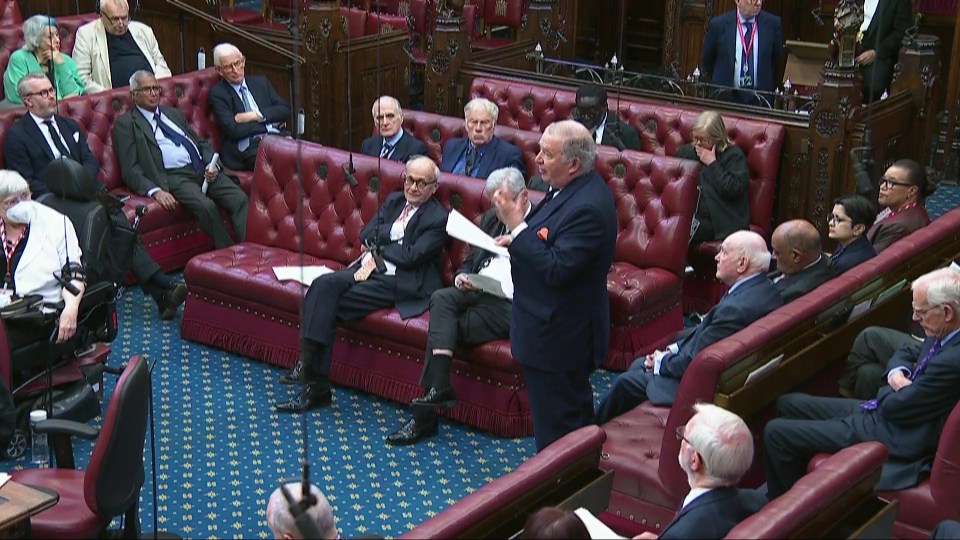
Reynolds insists this is a "temporary position" with powers not lasting "any minute longer than necessary." The government hopes to find private investment, but Jones admitted there are currently no companies willing to make an offer.
I feel like I've seen this movie before. Government steps in, promises solutions, eventually sells to another owner who makes similar promises... until the next crisis.
Those steelworkers marching to Scunthorpe United's ground deserve better than being political footballs. But at least for today, their furnaces keep burning.
And in 2024, that counts as a win.
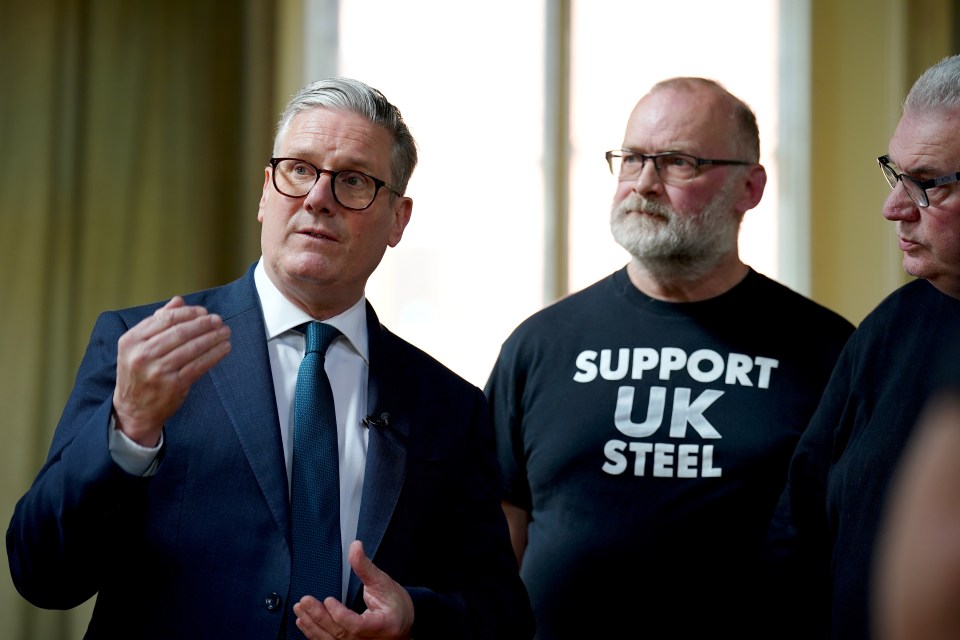
 SPORTSPOLITICSROYALTECHNOLOGYMONEYSCANDALFEATUREDPrivacy PolicyTerms And Conditions
SPORTSPOLITICSROYALTECHNOLOGYMONEYSCANDALFEATUREDPrivacy PolicyTerms And Conditions
